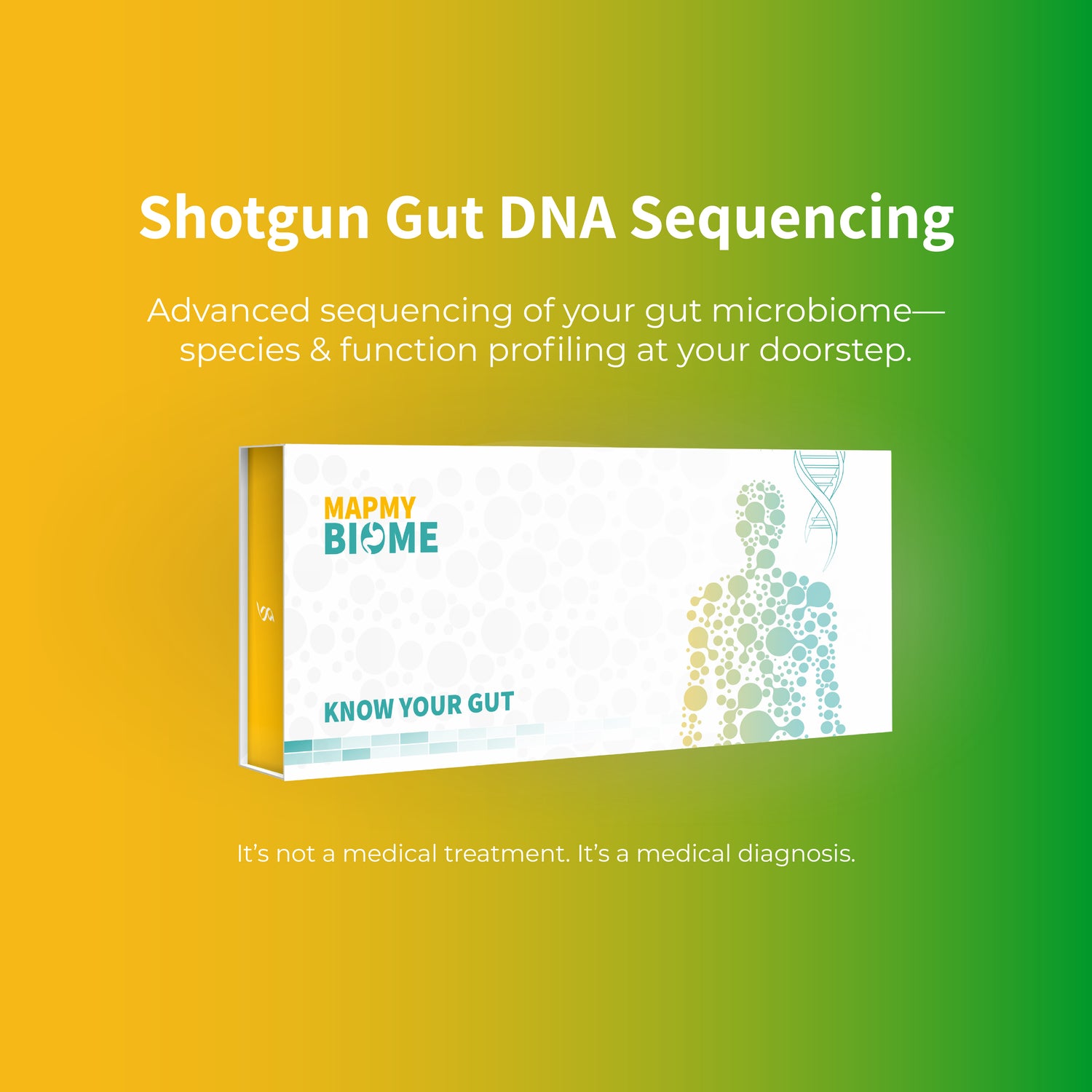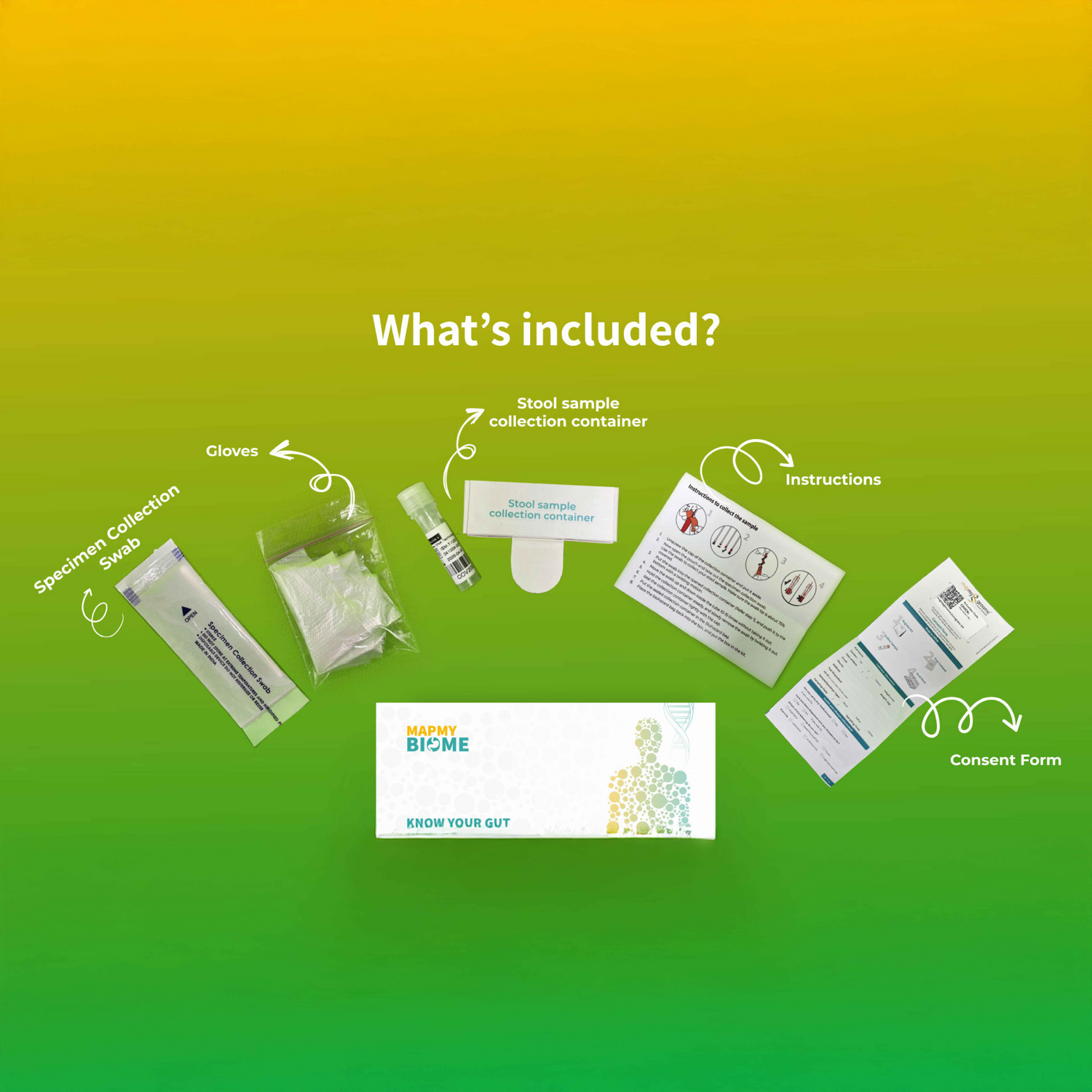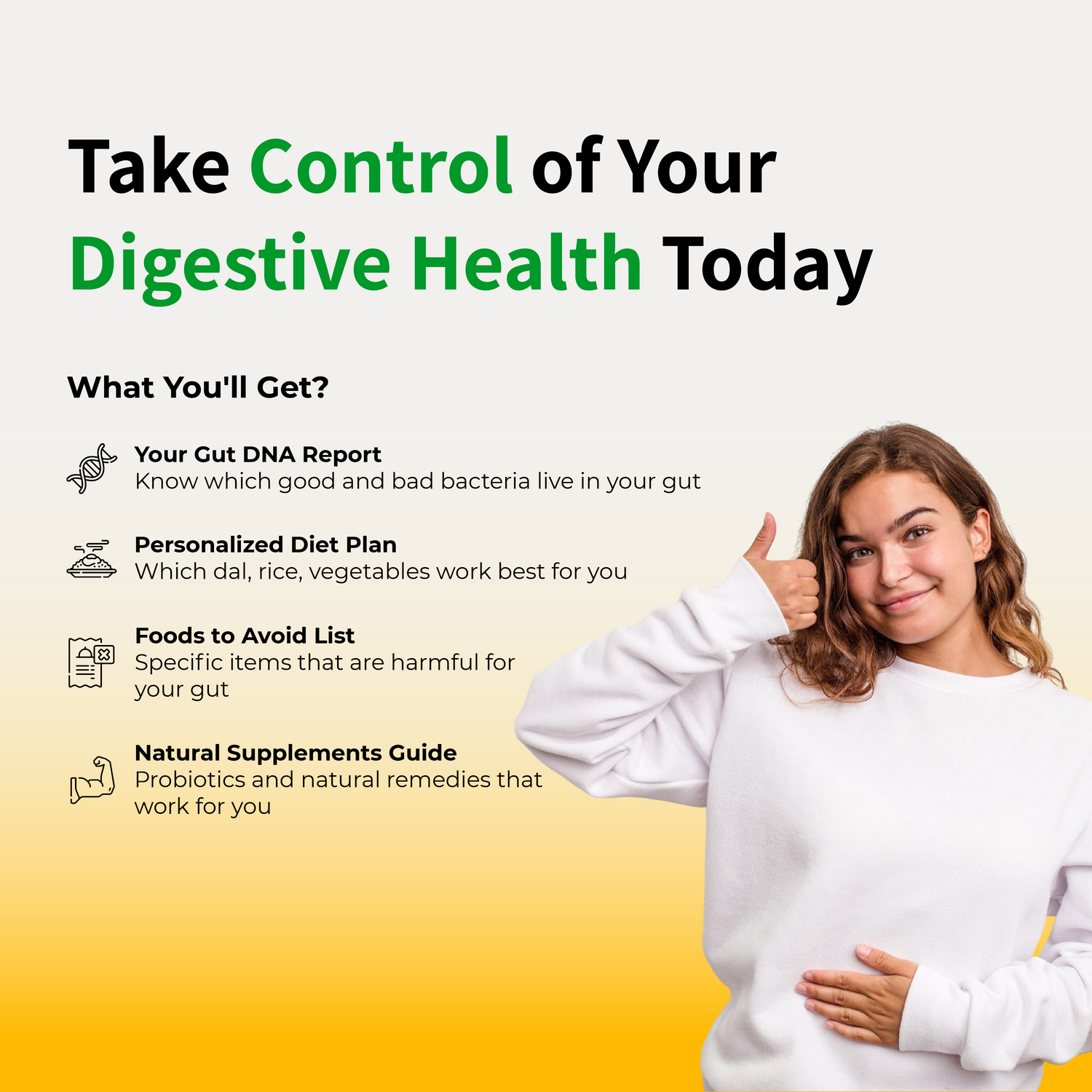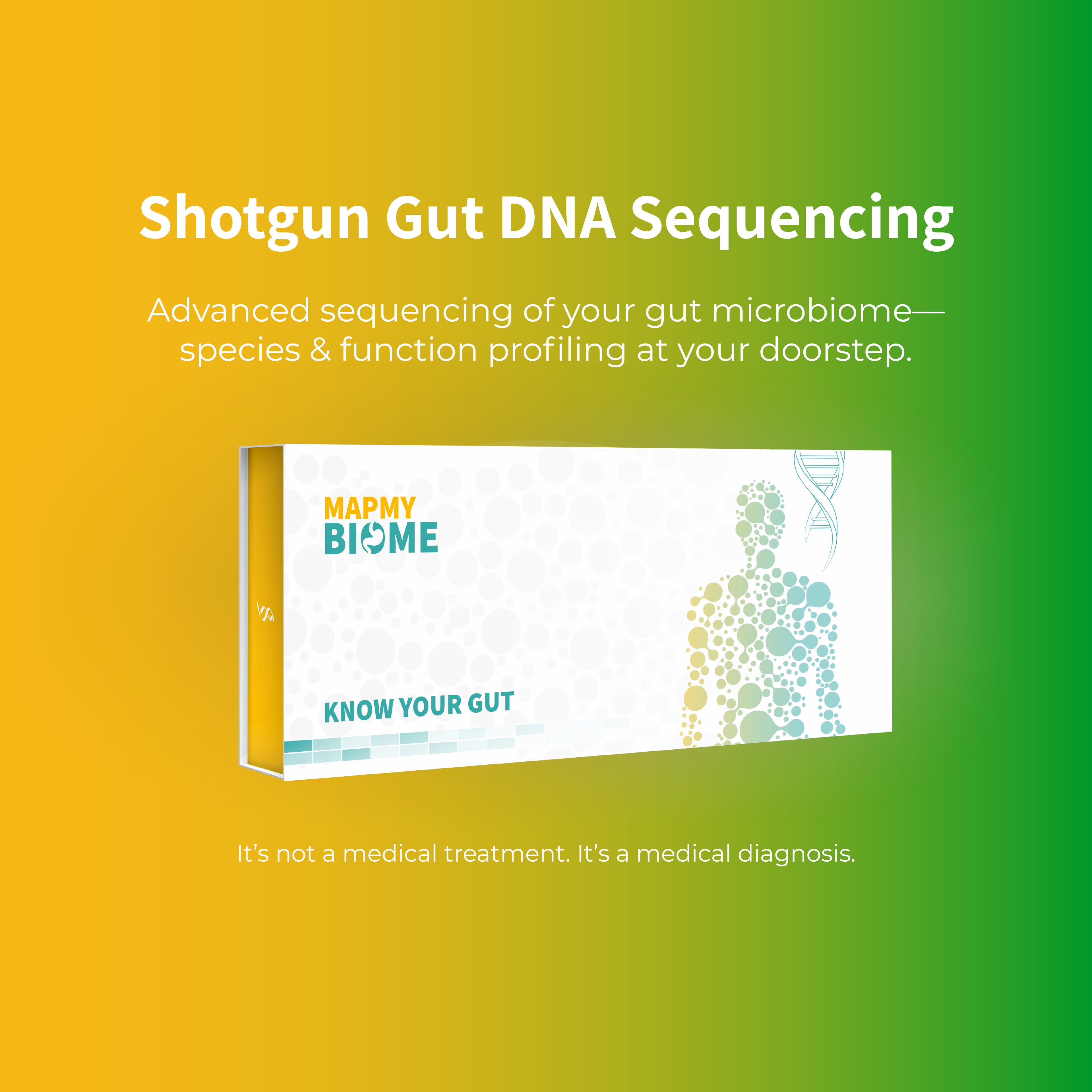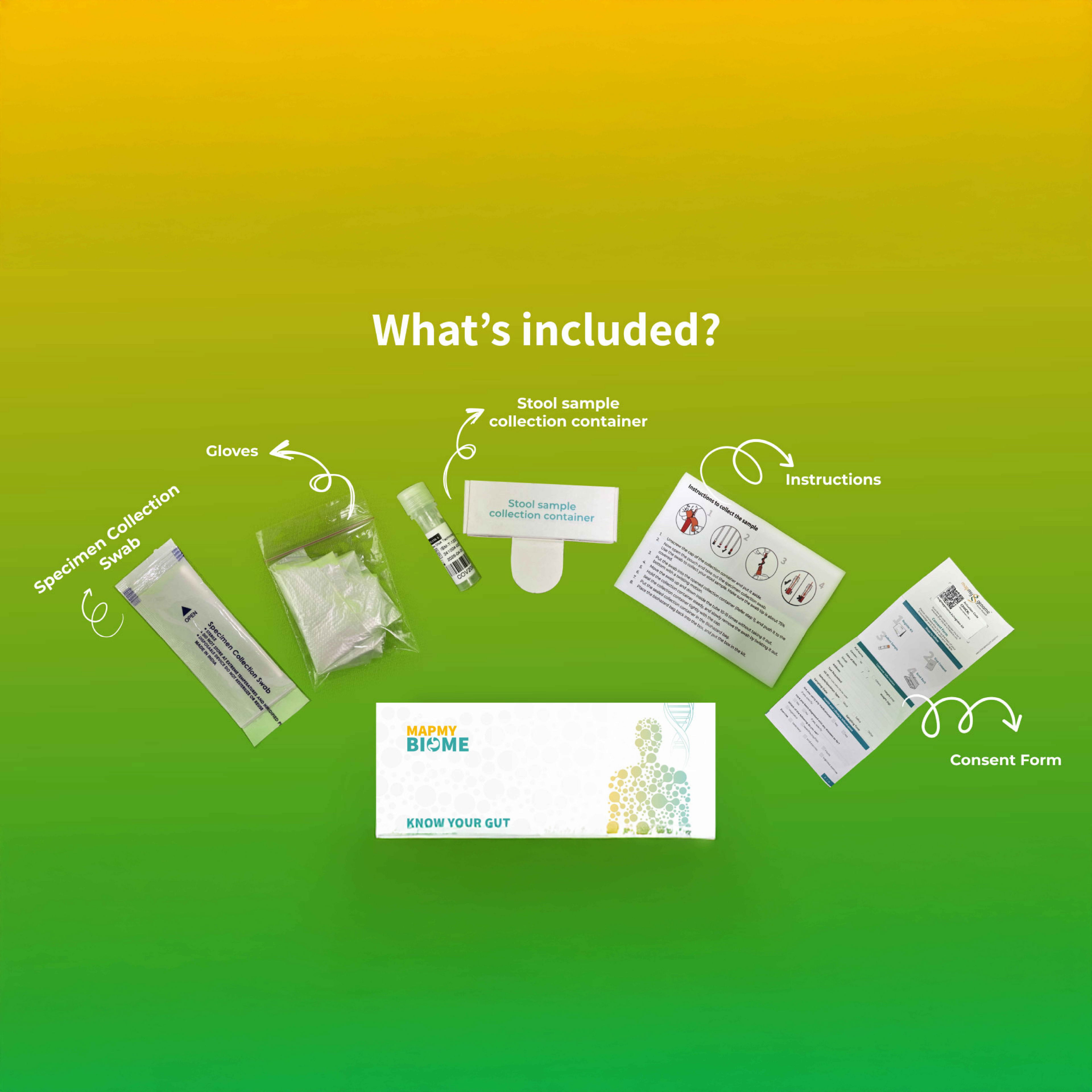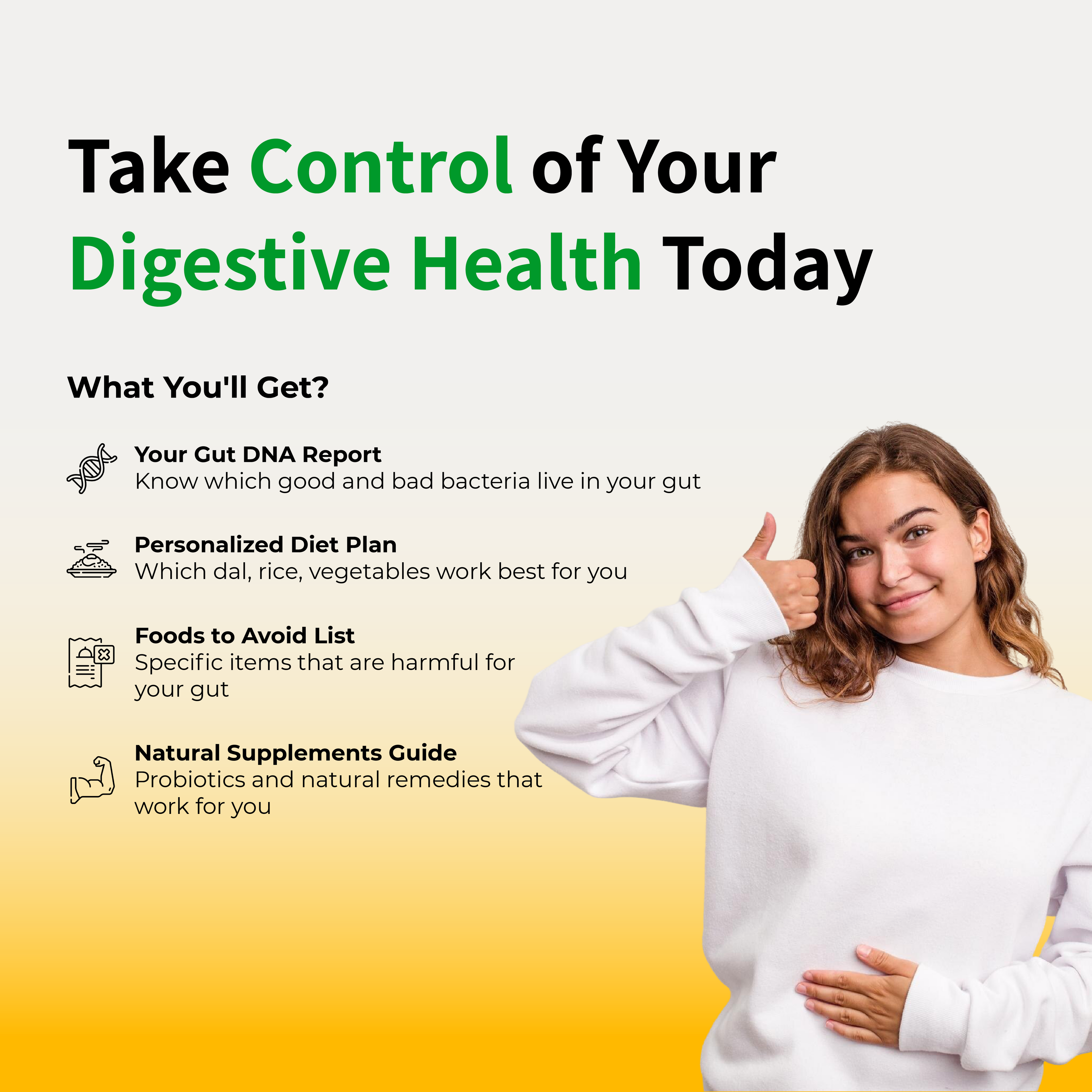Your gut isn’t just for digestion—it’s your second brain! From affecting mood and energy levels to boosting immunity and keeping your skin glowing, a healthy gut plays a huge role in your overall wellness. Let's dive into why your gut health matters and how you can nurture it.
What Is Gut Health, and Why Is It Important?
Gut health refers to the balance of microorganisms in your digestive tract, also called the gut microbiome. This community of bacteria, fungi, and other microbes doesn’t just digest food; it keeps your immune system strong, regulates hormones, and even influences mental health.
When your gut is in good shape, you feel more energetic, less bloated, and overall healthier. But when it’s out of balance, you might experience gut bloating, fatigue, skin problems, or even mood swings.
Signs of an Unhealthy Gut
Here are some red flags that might indicate your gut needs some love:
- Frequent bloating
- Indigestion or constipation
- Unexplained fatigue
- Skin issues like acne or eczema
- Food intolerances
- Frequent infections
How Can You Improve Gut Health?
1. Eat a Healthy Gut Diet
Your gut loves diversity in food. A diet rich in fiber, fresh vegetables, fruits, and fermented foods is the best way to nurture your gut microbiome.
Best Foods for Gut Health:
- Fermented foods: Yogurt, kefir, sauerkraut, kimchi, and miso provide probiotics for gut health.
- Prebiotic-rich foods: Bananas, onions, garlic, and asparagus feed the good bacteria in your gut.
- High-fiber foods: Whole grains, beans, and lentils keep your digestive system running smoothly.
- Omega-3 fatty acids: Found in fatty fish, walnuts, and flaxseeds, they reduce inflammation and support gut health.
2. Take Gut Health Supplements
While food is the best source of nutrients, supplements can give your gut an extra boost:
- Probiotics: Help balance the gut microbiome.
- Prebiotics: Feed probiotics to help them thrive.
- Digestive enzymes: Aid digestion and reduce bloating.
Always consult a healthcare provider before starting supplements.
3. Stay Hydrated
Water is crucial for digestion and helps flush toxins out of your system. Aim for 8–10 glasses of water daily.
4. Manage Stress
Your brain and gut are closely connected. Chronic stress can disrupt your gut microbiome, leading to digestive problems. Try these stress-busting techniques:
- Meditation
- Yoga
- Breathing exercises
- Journaling
5. Exercise Regularly
Moderate physical activity stimulates the gut and keeps things moving smoothly. Activities like walking, cycling, or even a light jog can work wonders.
6. Avoid Overuse of Antibiotics
While antibiotics kill harmful bacteria, they also wipe out the good bacteria in your gut. Only take antibiotics when absolutely necessary and as prescribed.
What Is the Gut Microbiome?
The gut microbiome is like a bustling city inside your digestive tract. It consists of trillions of microbes, each with its own job. Here’s why it’s so important:
- Immune system: Around 70% of your immune system resides in your gut.
- Mental health: The gut produces about 90% of the body’s serotonin, a key hormone that stabilizes mood.
- Weight management: A balanced gut helps regulate metabolism.
How Do Prebiotics and Probiotics Work Together?
Think of your gut as a garden. Probiotics are the seeds, and prebiotics are the fertilizer that helps them grow. Together, they maintain a thriving gut microbiome.
- Probiotics: Found in fermented foods like yogurt, they add healthy bacteria to your gut.
- Prebiotics: Found in foods like garlic and asparagus, they feed the good bacteria already in your gut.
The Connection Between Gut Health and Overall Wellness
1. Gut and Mental Health
Your gut and brain communicate through the gut-brain axis. An unhealthy gut can lead to anxiety, depression, and brain fog.
2. Gut and Immunity
A balanced gut strengthens your immune system, helping your body fight off illnesses more effectively.
3. Gut and Skin Health
Ever heard of the “gut-skin connection”? Skin problems like acne and eczema are often linked to an imbalanced gut.
4. Gut and Energy Levels
When your gut is happy, it absorbs nutrients more efficiently, keeping you energized throughout the day.
Practical Tips to Improve Your Gut Health Today
- Start your day with a glass of warm water and lemon for better digestion.
- Include one fermented food in your meals daily.
- Replace sugary snacks with fruits or nuts.
- Take a short walk after meals to aid digestion.
FAQs About Gut Health
1. What are the best foods for gut health?
Foods like yogurt, kefir, kimchi, sauerkraut, garlic, and whole grains are great for gut health.
2. What are probiotics, and why are they important?
Probiotics are live bacteria that help balance the gut microbiome, improving digestion and immunity.
3. Can stress really affect gut health?
Yes, stress can disrupt the gut-brain axis, leading to issues like bloating and indigestion.
4. Do I need gut health supplements?
Supplements like probiotics and prebiotics can help but are not a replacement for a healthy diet.
5. How long does it take to improve gut health?
With consistent changes, you can see improvements in a few weeks, but significant changes might take months.
Conclusion
Your gut is the cornerstone of your overall wellness. By eating a healthy gut diet, managing stress, and staying active, you can nurture your gut microbiome and enjoy better health. Remember, even small changes like adding fermented foods or prebiotics to your diet can make a big difference.
Start today—your gut (and your entire body) will thank you!



